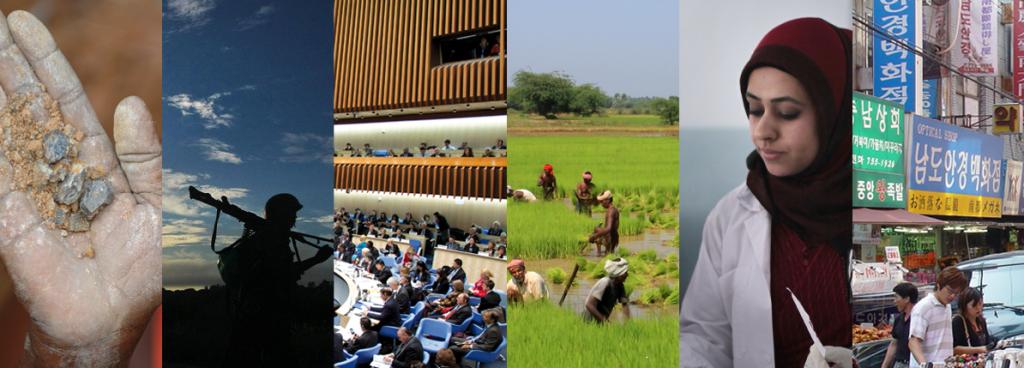Abstract
Based on my recent fieldwork in Dhaka this paper interrogates what it means for different types of people to become lost. By comparing the case of girls held at a secure ‘safe house’ in Gazipur with women whose husbands are missing, I argue that attention to ‘getting lost’ offers new perspectives on human mobility and precarity, helping us to understand how space, place and subjectivity coalesce to produce contrasting forms of freedom and loss. Focusing on the elusive and fragmented stories of those who have gone missing and those who miss, I suggest that what I’ve termed ‘spatial precarity’ involves a hitherto unresearched form of displacement in which certain types of people become dislodged from their place in life. Moreover, placing ‘the lost’ at the centre of the ethnographic account has methodological and epistemological implications, forcing us to abandon narrative coherence, to question our methodological assumptions and to ask what we might find when we look for those who are lost.

About the Speaker
Katy received her PhD from LSE Anthropology in 1990. After a brief spell working as a junior social development advisor she taught at Sussex until 2013 when she returned to the LSE as a Professor of Anthropology. Her academic work has focused on migration from Bangladesh to the UK; transnational families, the life course, ageing and childhood; issues surrounding ‘development’ and CSR in Bangladesh and the relationship between Anthropology and Development. Her books include: Songs at the River’s Edge: Stories from a Bangladeshi Village, 1991 (Virago); Global migrants, local lives: Travel and transformation in rural Bangladesh 1995 (OUP); Anthropology, Development and the Post Modern Challenge (with David Lewis) 1996 (Pluto Press); Age, narrative and migration: the life course and life histories of Bengali elders in London. 2002 (Berg) and Discordant development: Global capitalism and the struggle for connection in Bangladesh. 2012 Pluto Press. She has also published three novels.




